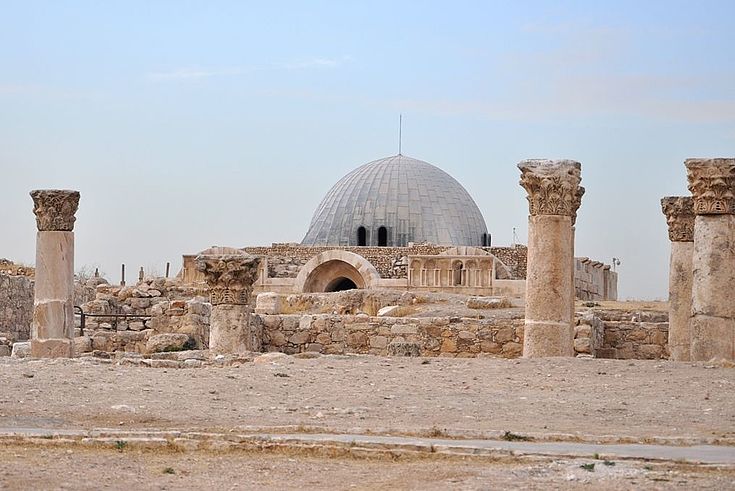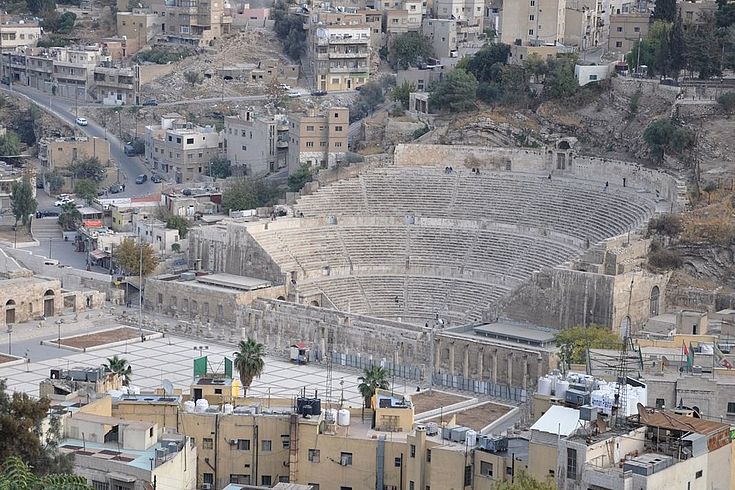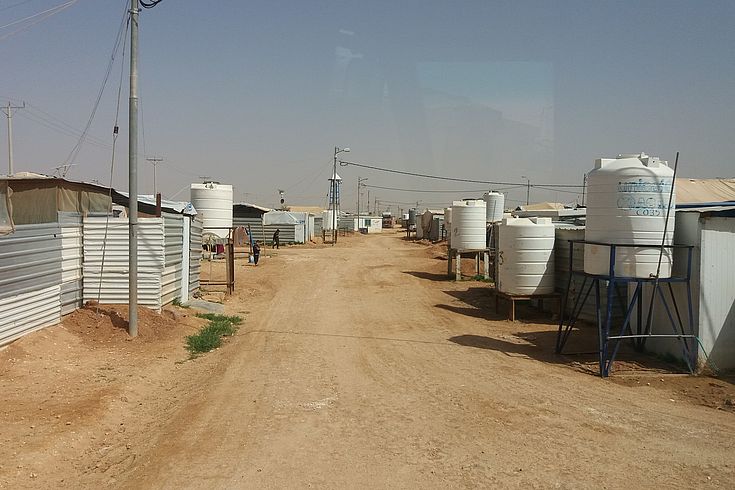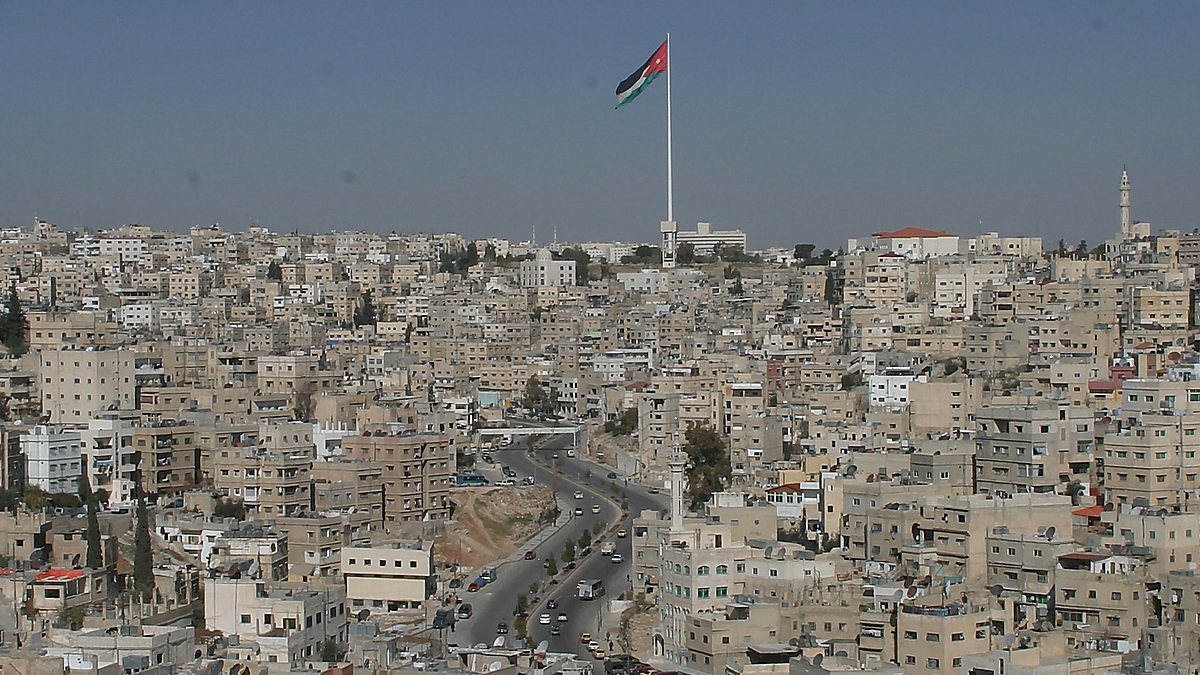
Citadel Amman
HSS
About Jordan
Jordan, officially named as the Hashemite Kingdom of Jordan, is located at the East Bank of the Jordan River. The country is bordered by Saudi Arabia to the east and south-east, Iraq to the north-east, Syria to the north and the West Bank and Israel to the west. The deepest point of earth, 423 meters below sea level, is partially located in Jordan. The Dead Sea, which Jordan shares its control with Israel. Jordan’s only port is at its south-western tip, at the Gulf of Aqaba, which is shared with Israel, Egypt, and Saudi Arabia. Over half of Jordan is covered by the Arabian Desert. However, the western part of Jordan is arable land and partially covered by forests. The capital of Jordan is Amman.
The history of Jordan started in April 1920 at the conference of San Remo, where France and Great Britain agreed on new spheres of influence in the Near East. Under the British mandate, the Emirate of Transjordan was founded in 1921. On May 25, 1946, Jordan joined the United Nations as an independent sovereign state officially named as the Hashemite Kingdom of Jordan.
The Hashemite Kingdom of Jordan is a constitutional monarchy with an appointed government. The reigning monarch is the chief executive and the commander-in-chief of the armed forces. The king exercises his executive authority through the prime minister and the Council of Ministers (the cabinet). The cabinet is responsible before the democratically elected House of Deputies which, along with the House of Notables (Senate), constitutes the legislative branch of the government. The judicial branch is an independent branch of the government.
Structure of administration
Jordan is divided into 12 provinces, named governorates, which are subdivided into 54 departments.
| Governorate | Capital | Region | Governorate | Capital | Region | |
|---|---|---|---|---|---|---|
| Ajloun Governorate | Ajloun | North | Kerak Governorate | Al Karak | South | |
| Aqaba Governorate | Aqaba | South | Ma'an Governorate | Ma'an | South | |
| Balqa Governorate | Salt | Central | Madaba Governorate | Madaba | Central | |
| Capital Governorate | Amman | Central | Mafraq Governorate | Mafraq | North | |
| Irbid Governorate | Irbid | North | Tafilah Governorate | Tafilah | South | |
| Jerash Governorate | Jerash | North | Zarqa Governorate | Zarqa | Central |

Roman Theatre Amman
HSS
Recent developments
The result of pro-democracy uprisings sweeping countries in North Africa and the Middle East since December 2010, referred to as “Arab Spring”, was an increased and more visible demand for political and economic change also in Jordan.
Constitutional amendments, a new Election law, a new Political Parties law, a new Decentralisation law, an Independent Elections Commission and a Constitutional Court are some reform steps that can be mentioned in this context.
Since the beginning of the uprising in Syria in March 2011, more than 4 million Syrians left their country to escape the consequences of the civil war, of whom according to UNHCR a number of 672,804 came to Jordan (registered as refugees as of November 30, 2021); see UNHCR-Website)
In July 2012 the first refugee camp Zaatari was opened, three further camps were established in Zarqa, Mirajeb Al-Fohoud and Azraq, at the beginning of the Arabian Desert.
Nevertheless two third of the refugees are living outside camps within the villages and cities, mainly in the northern areas but increasingly also in the south. More and more municipalities are overwhelmed with these situation.

Zaatari Refugee Camp
HSS
The ever-increasing flow of refugees put the country (with a population of around 6.5 million) against increasingly massive economic, political, social and security-related challenges. The Jordanian Governement has drawn up the 'Jordan Response Plan for the Syrian Crisis 2016 - 2018' to tackle the impact of the crisis in all segments of the society.
Over that jobs are urgently needed for a society, which in its majority is younger than 25 years and also in the future will grow fast. The education sector must be adapted to the needs and possibilities of the Jordanian economy.
Fair and transparent elections, programmatic and not tribal oriented political parties, a parliament which is able and allowed to control the government and an informed and interested civil society are considered the primary contributing factors to the provision of more open channels for citizens’ participation towards more responsive governance.
The work of the Hanns Seidel Stiftung is aimed to support sustainable development by creating a positive and supportive environment for political, economic and social participation through organizing educational and self-awareness programs, workshops and projects for all parts of the society.

